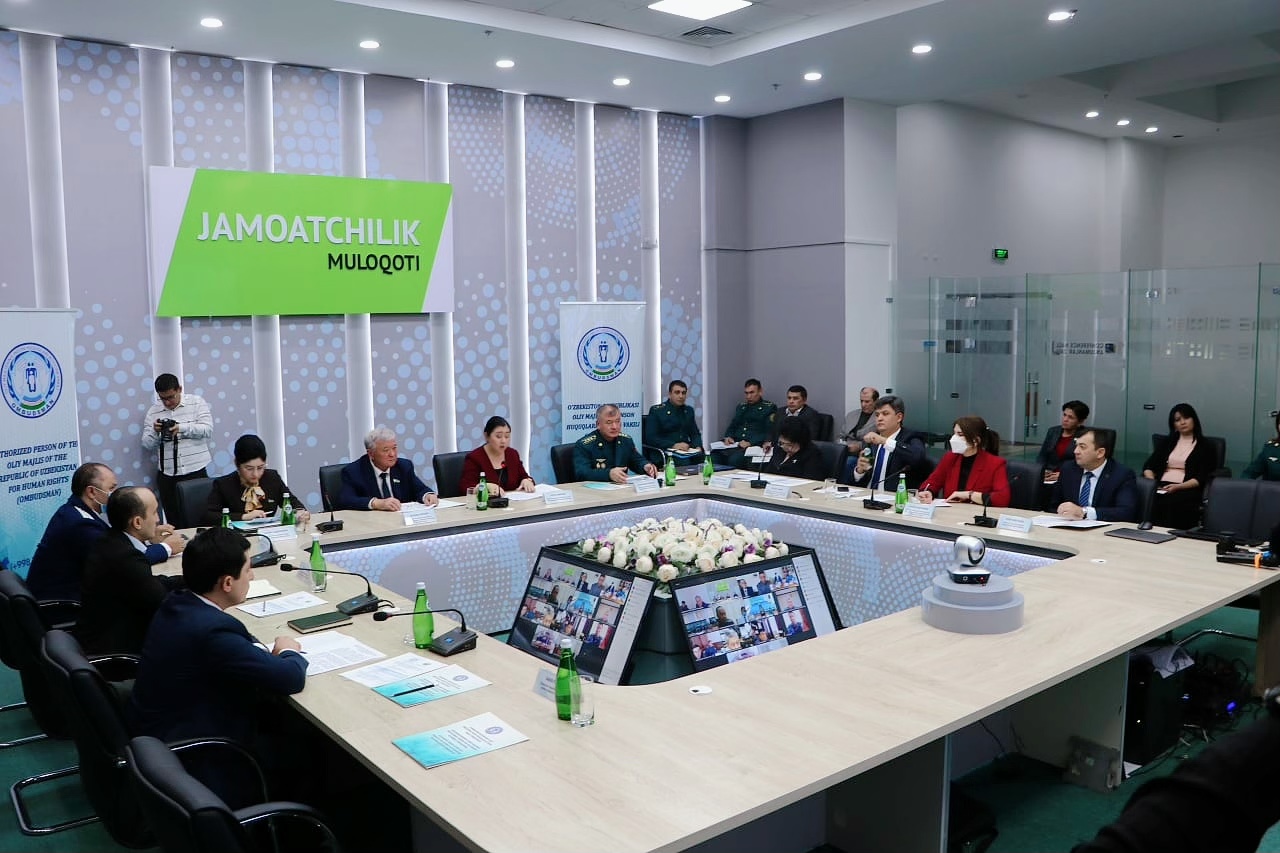As the press service of the Senate reported, the event was organized in order to make proposals and recommendations to improve the probation service efficiency, including human rights, by analyzing the joint tasks of ministries and agencies to provide social, legal and psychological assistance to supervised entities, in particular to ensure human rights.
During the event, it became known that in 2020, within the framework of criminal cases, punishments not related to imprisonment were applied to 74% of convicts.
“This growth, in turn, reflects the workload of the probation service that was recently created. The presidential decree “On measures to radically improve the criminal executive legislation” notes that one of the main tasks of probation units is the effective organization of the activities of the internal affairs bodies for the execution of sentences not related to imprisonment, in cooperation with other state bodies and organizations, and also by public formations,” the Senate said.
In addition, convicts who are in probation departments are provided with legal and other advice, as well as assistance in obtaining consumer loans. Unfortunately, despite a number of positive steps taken, in the past 2020 there were cases of non-observance of the law and deliberate evasion by convicts from punishment, in respect of which unserved sentences were replaced by imprisonment.
Based on the above, the participants discussed issues of cooperation in the field of effective organization of interaction with the relevant state bodies and organizations, as well as civil society in providing social, legal and psychological assistance to persons under the supervision of the probation service.






